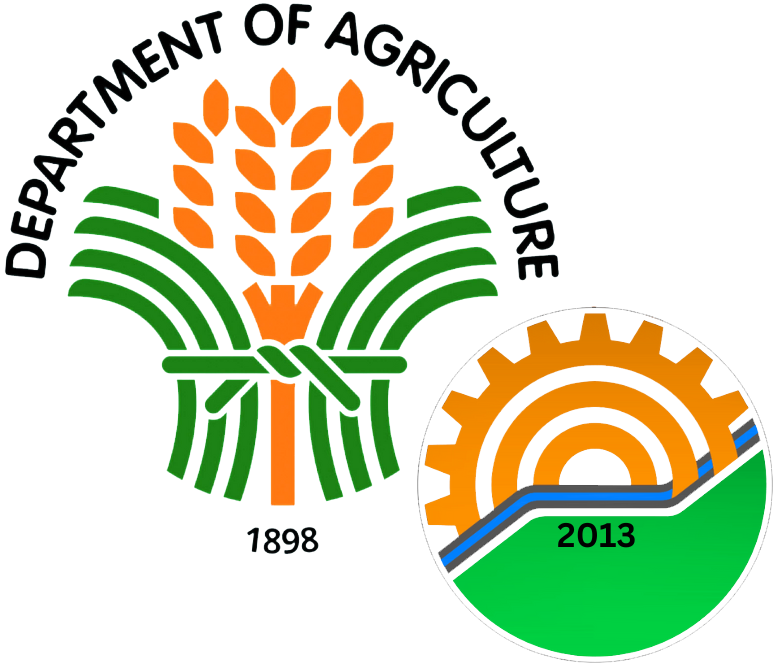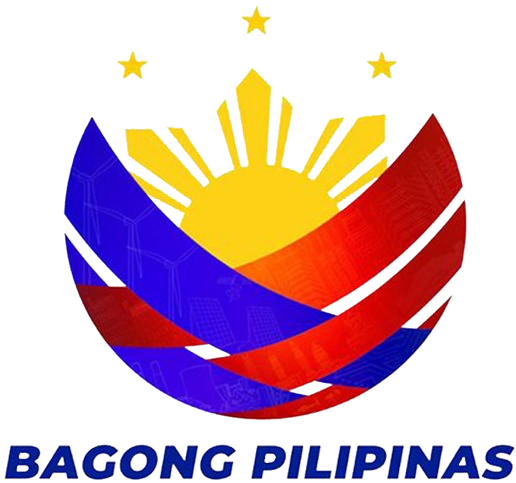
The United Nations Educational, Scientific and Cultural Organization (UNESCO) and the World Federation of Engineering Organization (WFEO) organized a side event that endeavors to highlight the important roles that women scientists and engineers play in providing solutions to mitigate the impacts of climate change.
The event called UN Commission on the Status of Women (CSW66) – Role of Women in STEM in addressing Climate Change demonstrated the key role of women scientists and engineers in addressing climate change, disaster risk management, innovation and advancing the Agenda 2030 and the Sustainable Development Goals, including Goal #9.5, Goal #5 – Gender and Goal#13 Climate Change.
The event held on March 22, 2022 contributed to celebrating the achievements of women engineers, agronomists, and scientists in this field. Five eminent women scientists and engineers from all over the world, representing their home countries – Australia, United States of America, Philippines, Cameroon, and Trinidad and Tobago, presented their advocacies and initiatives during the event.
“The world needs science, and science needs women,” says the motto of the UNESCO-L’Oreal for Women in Science Program. The motto encapsulates the need for bright women scientists and engineers around the world. Emphasis is given to young women because they are a relatively untapped resource with half the world’s population. There is great potential for brilliant, enthusiastic, young women who would become future role models and leaders in science, technology, engineering, and mathematics (STEM).
Women involved in science and engineering are extremely important in order to secure a sustainable future. Addressing sustainable development within the current climate change challenges will require engineering and technology solutions. Engineering and technology capacity building activities are critical to ensure adequate supply of engineers and scientists to work on these global challenges. Activities that promote awareness of engineering as a career as well as studying STEM can become part of the solution have high priority.
STEM offers answers to key questions that must be addressed – questions about equitable and inclusive growth, sustainable development, resilience of societies. Science, technology and innovation can contribute to reaching all of the 17 Sustainable Development Goals (SDGs) and young women will be part of the global solutions for the future.
“Science and engineering are at the heart of the pursuit for a more equitable, more prosperous, and more sustainable 21st century. Women must play a leading role as researchers, innovators and pioneers,” said Amal Kasry, Chief of Section for Capacity Building in Basic Science and Engineering at UNESCO.
Sharing her experience from an Asian perspective, one of the panelists in the UNESCO event on the status of women was DA-BAFE Asst. Director Juana T. Tapel Ph.D. who shared the advocacy and initiatives of women in STEM in addressing climate change in the Philippines.
Dr. Tapel shared her professional contributions in addressing climate change as an Agricultural and Biosystems Engineer (ABE) specifically in her office at the Bureau of Agricultural and Fisheries Engineering (BAFE).
The top five initiatives of DA-BAFE in regards to addressing climate change shared by Dr. Tapel are the Renewable Energy Program for Agriculture and Fishery Sector (REPAFS), the National Organic Agriculture Program (NOAP), Smart-Resilient Farm-to-Market Road, Agricultural and Biosystems Engineering Management Information System (ABEMIS), and the Government Internship Program for Agricultural and Biosystems Engineers (GIP for ABE Youth).
Advocacies and initiatives of Dr. Tapel are rooted in her profession as an Agricultural and Biosystems Engineer. From agricultural, one of her advocacies is food security that is providing nutritious and safe food for Filipinos. And from biosystems emanates the climate change initiatives. “We have to align these with our situation in the Philippines which is very vulnerable to the impact of climate change,” said Dr. Tapel.
Dr. Tapel examined her participation and contribution in the three paradigms or perspectives – first, being a wife and a mother; second, being a friend and a sister; and third, being a professional ABE.
Dr. Tapel is an ASEAN chartered professional engineer and a member of the Professional Regulations Commission – Board of Agricultural and Biosystems Engineers. She was the National President and Chair of the Women’s Engineer Network. She is also one of the Outstanding Women Agricultural Engineers identified by the Philippine Society of Agricultural and Biosystems Engineers (PSABE). Dr. Tapel is also included in The Institution of Engineering and Technology (IET) list of 95 inspiring engineers and technologists in the past, present, and future from all over the world.
Other speakers in the event were Marlene Kanga (Past President of the World Federation of Engineering Organizations (WFEO), Australia), Renetta Tull (Vice Chancellor for Diversity, Equity and Inclusion , Co-chair, Next Generation Campus Safety Task Force, University of California, USA), Reine Essobmadje (Founder of Evolving Consulting in Cameroon and France and the Co-founder of the NGO Digital Coalition in Cameroon, France and Gabon), and Michelle Mycoo (Professor of Urban and Regional Planning, The University of the West Indies, Trinidad and Tobago)
UNESCO and WFEO addressed the issue of women and their role in addressing climate change, environmental risks and natural disasters. Empowering women in the STEM fields and ensuring their role in government, industry and academia is increasingly important after two years of dealing with the COVID-19 pandemic. Women have been under-represented in addressing issues relating to climate change to date and the event addressed this imbalance to some extent. ###???????????????????????????????? ???????????????????? ????????????????
















